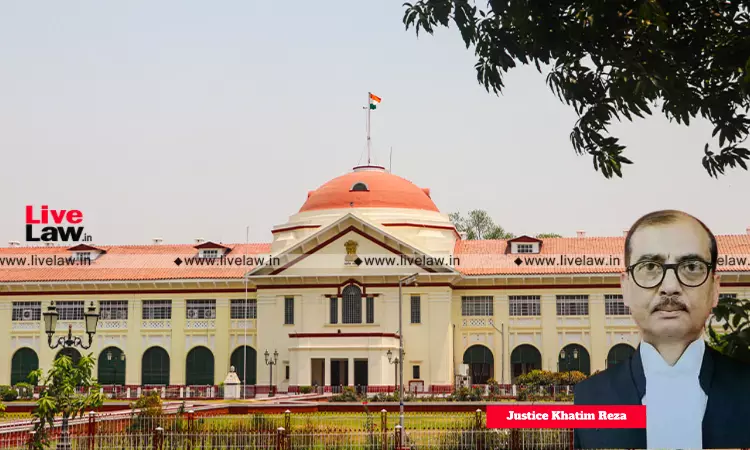While rejecting an appeal that sought specific performance of a sale agreement, the Patna High Court has observed that a sale agreement with a contingency clause cannot be enforced unless that contingency is fulfilled. Justice Khatim Reza observed, “Unless that contingency was fulfilled, the contract was not capable of enforcement as stated in Section 31 of the Indian Contract Act. The...

